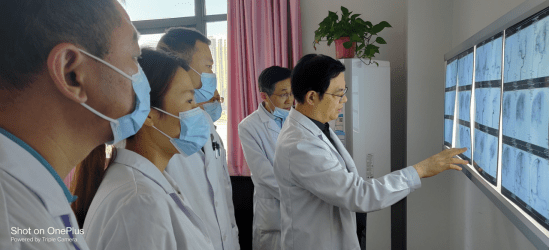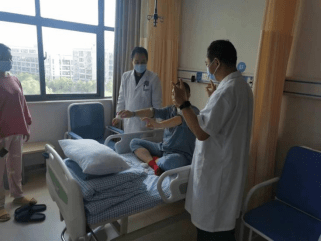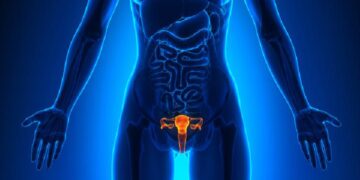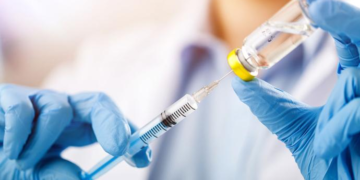After hernia surgery, the body needs a repair and the surgery can damage the body’s vitality, so the body may lose weight.
Hernia surgery, also known as hernia repair surgery, is an operation to repair the defect by forcing the two ends of the defect together with sutures. The treatment of hernia is mainly surgical, with local or semi-body anesthesia for inguinal hernia and general anesthesia for wound hernia.

Precautions after inguinal hernia surgery
First of all, lying flat, soft pillow under the knee, is the hip joint slightly flexed elevated scrotum, in order to reduce the tension of the inguinal incision and reduce the pressure in the abdominal cavity, conducive to wound healing and reduce pain. Generally, three days after surgery lying flat, 6 to 12 hours after surgery without nausea and vomiting and other symptoms, you can do all the liquid food or soft food, the next day can enter the general diet, such as local anesthesia without gastrointestinal discomfort, can resume early general diet. Prevent the increase of intra-abdominal pressure. Vigorous coughing and forceful defecation are the main factors to increase intra-abdominal pressure, which is also one of the main factors of incisional hernia recurrence.
After surgery, we should pay attention to keep warm to prevent coughing caused by cold, keep bowel and urine evacuation smooth, and avoid straining to defecate if constipated. If necessary, give drugs to laxative, pay attention to keep the incision dressing dry and clean to avoid fecal and urine pollution, and should strengthen the care to find the dressing off and change the dressing when contamination is urgent.

Pay attention to the changes of the patient’s body temperature and pulse, as well as the presence of redness and pain of the incision, once the incision infection is found, it should be dealt with as soon as possible, the scrotal swelling because the scrotum is more relaxed, the position is lower, and the oozing of blood and fluid is easy to gather, so after surgery, in order to prevent scrotal edema, compress the salt bag in the inguinal surgery area for 24 hours to reduce the oozing of blood, use the thong bag to hold up the scrotum, and put a cold pack on the scrotum to prevent scrotal edema.
The following three phenomena should be observed and promptly seen when they occur: symptoms of spermatic cord strangulation such as testicular pain and swelling due to tight sutures obstructing blood return to the spermatic cord during reconstruction of the internal or external inguinal ring; symptoms of bladder injury such as hematuria and urinary extravasation due to damage to the bladder wall during separation of the hernia sac; symptoms of abdominal pain and abdominal distension due to sutures inserting the intestinal wall during ligation of the hernia sac neck. It is important to consult a doctor promptly when symptoms occur.



































